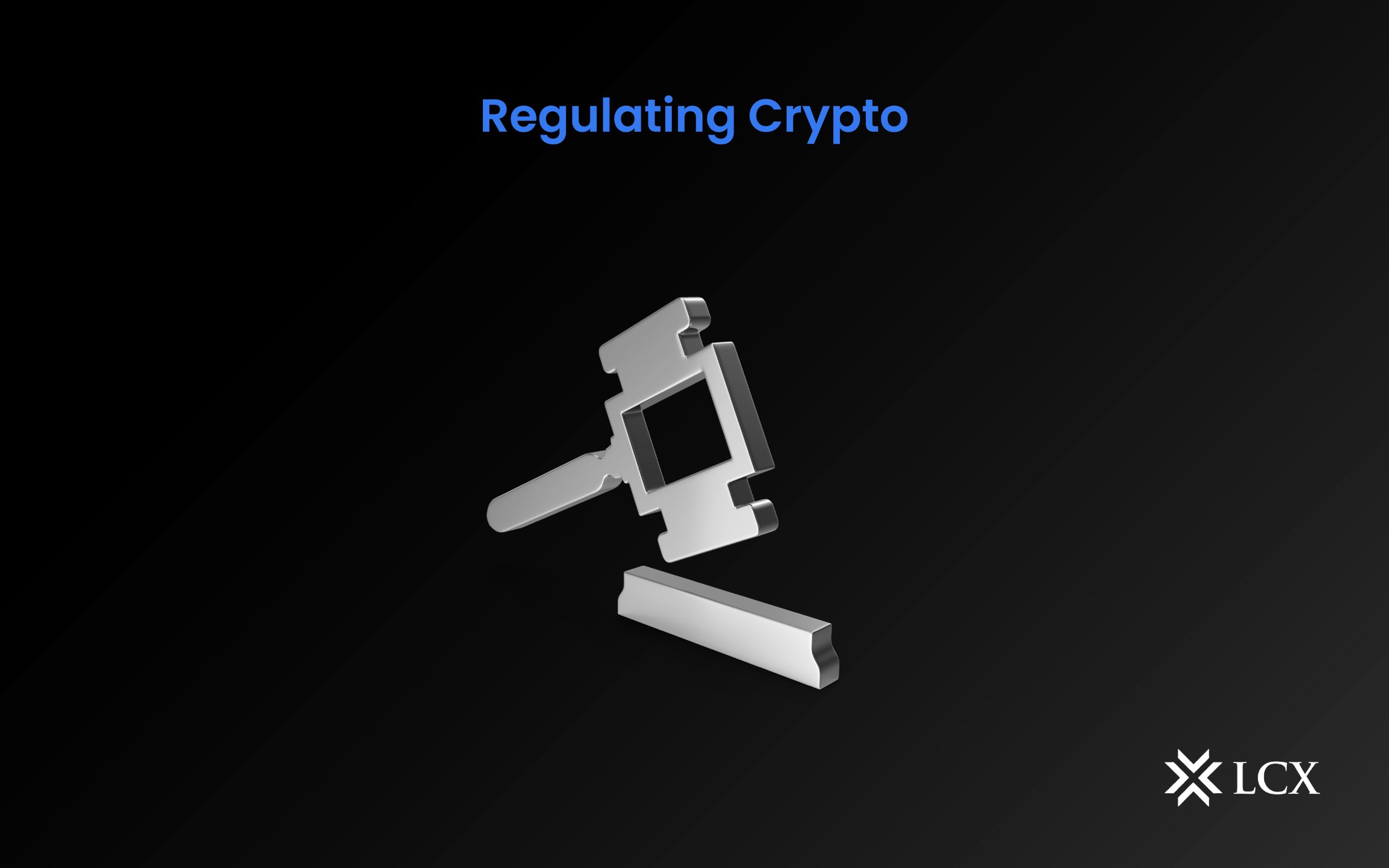The cryptocurrency market has achieved enormous popularity in recent times, attracting traders from all around the world. Nonetheless, the sector remains mostly unregulated. Recent events have heightened the financial safety concerns of consumers, as numerous big cryptocurrency exchanges have been bankrupt, resulting in substantial user losses. To prevent collapse, other exchanges resorted to freezing the customer funds. Due to the absence of regulation, several cryptocurrency exchanges have been able to operate under riskier models, resulting in severe liquidity concerns.
The regulator’s efforts to regulate cryptocurrencies are driven by a number of factors. On the one hand, policymakers are eager to foster innovation and growth in the digital asset sector, recognizing the potential for blockchain technology to drive new business models and disrupt traditional industries. At the same time, however, they are mindful of the risks posed by digital assets, which are often highly volatile and can be used for illicit purposes such as money laundering and terrorism financing. However, as the use of these assets becomes more widespread, regulators around the world are grappling with how to balance innovation with the need to protect users and maintain financial stability.
To address these concerns, in September 2020, the European Commission released a comprehensive digital finance package, which includes a proposal for a new regulatory framework for crypto-assets. This proposed regulation, known as the Markets in Crypto-assets Regulation (MiCA), aims to create a harmonized approach to cryptocurrency regulation across the EU. Under MiCA, issuers of crypto-assets would be required to register with national authorities and provide extensive disclosure of their assets and operations. In addition, crypto-asset service providers such as exchanges and wallet providers would be subject to licensing and ongoing supervision by national authorities.
While the MICA proposal is currently pending European parliamentary approval, it represents a major step forward in the EU’s efforts to regulate cryptocurrencies. By creating a more harmonized approach to cryptocurrency regulation, the EU hopes to provide greater clarity and certainty to market participants while protecting consumers and maintaining financial stability.
Why Is Regulation Important?
In recent years, cryptocurrency assets have evolved from niche products to establish a mainstream presence in the market as speculative investments, currency hedges, and potential payment instruments. With cryptocurrency now representing a significant component of the global investment landscape, regulating this asset class is essential for providing investors with a sense of security and safety. Implementing proper regulations would effectively curb malpractice and negligence by crypto institutions and facilitate a safe space for innovation while ensuring the protection of investors’ assets.
Sustainability is contingent on regulation, and exchanges that fail to adhere to laws and regulations cannot sustainably operate and may absorb customer funds to resolve their liabilities. The absence of regulations signifies that the exchange is not designed to ensure solvency and sound financial management as mandated by law. As such, implementing effective regulation is crucial for promoting a stable and sustainable market environment.
How Can You Behave Responsibly as a Consumer?
When selecting a cryptocurrency exchange, it is important to prioritize those that prioritize compliance with regulatory requirements and the law. It is advisable for consumers to compare exchanges based on a range of factors, including the quality of trading protections, cybersecurity measures, proof of reserves, and asset liability protections.
It is recommended that consumers opt for exchanges that have clear and transparent policies and a strong track record of compliance. Such exchanges, including LCX, can offer users additional peace of mind, as they are less likely to experience vulnerabilities or risks resulting from inadequate management or operational practices on the part of the exchange.
LCX: Regulated, Secure, Safe, and Transparent Exchange
Amidst the current climate of ambiguity and lack of clear communication, LCX stands out as a beacon of reliability for consumers. LCX is a distinctive player in the market, as it provides much-needed stability and transparency in an uncertain business environment.
Regulated: LCX is a regulated cryptocurrency exchange, registered with the Financial Market Authority of Liechtenstein (FMA). In LCX, the consumer funds are segregated from the company funds, and in case of insolvency or mismanagement, the consumer funds are safe by law.
Learn more about how LCX is regulated by law.
Audited: LCX believes in independent audits to enhance transparency and security. LCX’s financials are audited by Grant Thornton and NSF Services Trust. All LCX financials, including proof of customer funds and proof of reserves, are thoroughly audited.
Learn more about LCX’s Auditor
Secure: LCX values the security of the consumer’s assets the most, and thus the LCX platform has been built and operates with multiple layers of protection and industry-leading security protocols to ensure the safety of our users’ data and assets.
Conclusion
Unregulated exchange platforms pose a significant threat to the security of investors, leading to incidents of hacks and scams, thereby hindering the industry’s growth by a decade. To ensure transparency and accountability in the sector, regulators must implement necessary measures. It is imperative for consumers to understand the high risks involved in investing in unregulated exchanges, which offer no guaranteed returns. In contrast, regulated exchanges promote market stability, boost consumer confidence, and foster a safe environment for continued innovation. Hence, advocating for the implementation of regulations in the sector is of utmost importance.









